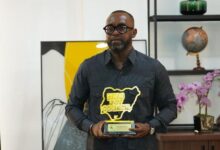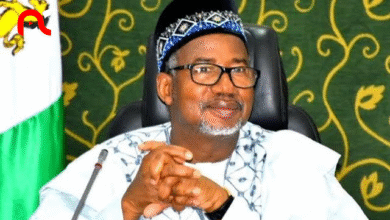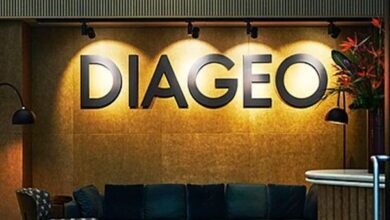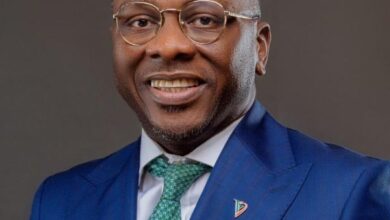Beyond the Screen: How Social Media and Internet Abuse Are Undermining Nigeria’s Education System
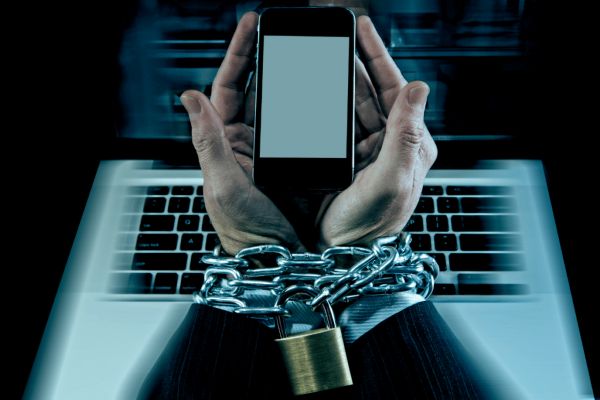
As Nigeria strives to transform its economy through education and digital innovation, a growing crisis is threatening to derail the academic future of millions of students: the unchecked abuse of social media and internet tools. Experts warn that, despite the vast potential of digital technologies to enhance learning, their misuse has led to a steady erosion of academic standards, discipline, and student performance.
In exclusive interviews with the News Agency of Nigeria (NAN) in Abuja, education stakeholders painted a grim picture of how social media—once hailed as a powerful enabler of learning—is now aiding examination malpractice, fostering intellectual laziness, and distracting students from their core academic pursuits.
The Double-Edged Sword of Digital Access
Dr. Sadiq Mohammed, an Associate Professor in Agricultural and Bio-resources Engineering at the Federal University of Technology, Minna, emphasized the paradox of technology in education. He noted that while digital platforms and Artificial Intelligence (AI) were originally designed to democratize access to knowledge and support societal development, they are now often co-opted for unethical academic shortcuts.
“Many students are no longer investing time in understanding concepts. Instead, they rely heavily on AI tools and social media applications to complete assignments and even write exams,” Mohammed said. “The trend has contributed to a surge in examination malpractices, with students migrating from city centres to so-called ‘magic centres’ in rural areas where pre-answered scripts are distributed like handouts.”
According to him, many students gain university admission with excellent results but quickly falter once exposed to the rigor of higher education, suggesting their educational credentials were not earned legitimately.
When Parents Enable the Problem
Disturbingly, the digital dilemma is not limited to students. Mrs. Judy Eke, a retired school principal, decried the active complicity of some parents in facilitating academic dishonesty. In a scathing rebuke of societal values, she revealed that many educated parents are not only aware of their children’s misconduct but financially support it.
“Parents are funding malpractice centres, buying internet data for exam fraud, and in some cases, even hiring mercenaries to write exams for their wards,” Eke stated. “We’re raising a generation that no longer values hard work. Instead, they believe that any answer pulled from the internet is automatically correct.”
Eke linked this growing dependency on shortcuts to Nigeria’s overemphasis on paper qualifications at the expense of actual skills and capabilities—a systemic issue that, if left unchecked, may continue to devalue the nation’s human capital.
A Cultural Shift in Learning Habits
Adding to the chorus of concern, Mr. Adebayo Olawole, a secondary school teacher, stressed that while social media has undoubtedly expanded access to information and fostered global connectivity, its influence has largely been detrimental to students’ academic focus.
“Today’s students spend four hours or more on social media daily but can barely dedicate 30 minutes to their textbooks,” Olawole lamented. “There is a troubling shift away from deep reading and critical thinking toward instant gratification and superficial understanding.”
Olawole also warned about the darker side of digital exposure, noting that many young Nigerians are increasingly drawn into cybercrime, inappropriate content, and misinformation—risks exacerbated by unregulated access to the online world.
Towards Digital Discipline and Academic Integrity
The underlying concern shared by all the experts is clear: without intentional intervention, the abuse of digital tools could sabotage Nigeria’s quest for educational reform and national development. The solution, they argue, is neither to reject technology nor to demonize social media, but to enforce digital discipline.
Dr. Mohammed called for urgent reforms, including tighter scrutiny of academic research to combat plagiarism, stronger policies to ensure academic integrity, and capacity-building for educators to track and manage AI misuse.
In line with this, Olawole advocated a hybrid approach to learning that encourages the use of hard-copy textbooks, classroom engagement, and ethical digital practices. “Assignments should test a student’s understanding, not their ability to generate answers from the internet,” he said.
Declaring a State of Emergency
Mrs. Eke concluded by urging the government to declare a State of Emergency on Education, a bold move that would signal national commitment to rebuilding the sector’s credibility and safeguarding its future.
Indeed, the Nigerian education system stands at a crossroads. To unlock the dividends of a digital economy, stakeholders—from policymakers and educators to parents and tech developers—must confront the inconvenient truths about social media abuse head-on. It is only through collective resolve that the nation can reclaim the sanctity of learning and restore the values of merit, discipline, and intellectual growth.
BRANDECONOMY Insight:
In today’s knowledge economy, intellectual capital is a nation’s greatest asset. Nigeria cannot afford to produce a generation of ‘cut-and-paste’ graduates. A digitally literate, ethically grounded youth population is the bedrock of sustainable development. As the world pivots to AI and emerging technologies, Nigeria must find its own path—one where innovation does not come at the cost of integrity.





